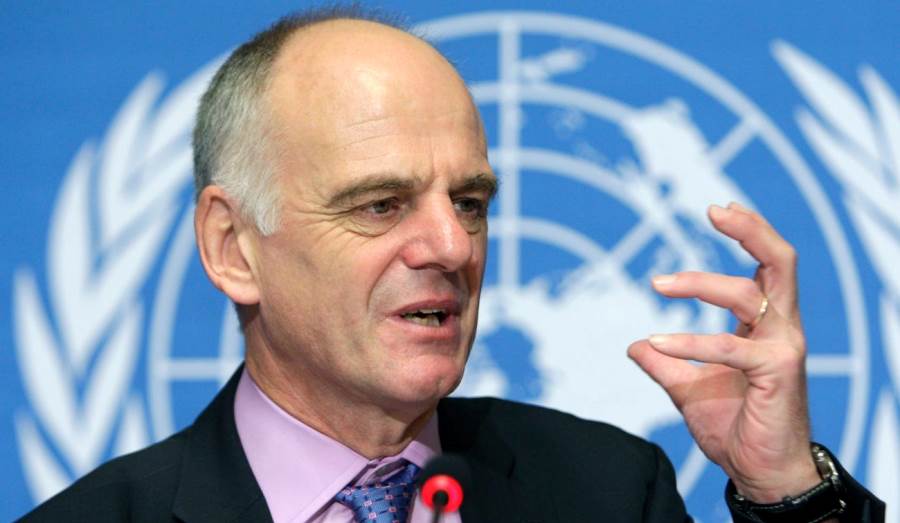Health
WHO representative says vaccine for coronavirus may not be developed

WHAT YOU NEED TO KNOW:
- A WHO envoy foresees that a coronavirus vaccine may not be made based on similar virus behaviors.
- Dr. Nabarro added that the economy and social life worldwide should function despite COVID-19 threats, noting the infection will happen yearly.
- Other experts suggest that a COVID-19 vaccine will be available in 18 months or more.
While many groups of researchers worldwide are trying to fast track the development of coronavirus vaccines, an envoy from the World Health Organization (WHO) is warning that a solution may not come.
In a recent interview with CNN, Dr. David Nabarro said that there’s a possibility that we won’t see a vaccine at all.
Nabarro, who is also an Imperial College London professor of global health, noted that there are even some viruses that we don’t have vaccines against yet. He added we cannot draw an outright conclusion that a vaccine versus COVID-19 will be made available, and if it does, it will still have to undergo a strict safety and efficiency testing procedures.
According to the report, the non-availability of a vaccine would mean that coronavirus outbreaks are bound to happen every year. And while treatments may be discovered, there will still be possible casualties, and regular lockdowns may be required.
The WHO envoy also cautioned that communities all over the world should prepare responses against the potential threat of COVID-19 so it can continue economic and social life even if with the existence of coronavirus.
Dr. Nabarro also said that it has been difficult to come up with vaccines to combat common adenoviruses and rhinoviruses, which are both comparable to the coronavirus because of colds symptoms.
He also told CNN that there’s only one vaccine that stops two
strains of adenovirus, but it was not made available over the counter.
The expert on global health further noted that while we can hope, the system surrounding COVID-19 is biological, and it mainly depends on the body’s reaction to the infection.
Meanwhile, many other experts are optimistic that a coronavirus vaccine will ultimately develop, and according to the report, it this based on the observation that the virus does not quickly mutate.
On Sunday, during a televised Fox News town hall, President Donald Trump says he expects that a vaccine for coronavirus will be available by the end of this year, 2020.
The prediction made by Trump, somehow, also echoed what his coronavirus task force expert, Dr. Anthony Fauci said last month about the possibility of having millions of vaccines by January 2021.
Specialists had earlier assessed that developing a vaccine could take at least 18 months or longer.
On the contrary, though, Dr. Peter Hotez told CNN that accelerating a vaccine creation process was something that was never done before, noting that it was not impossible, but it would be an epic feat.
Hotez is the dean of Baylor College of Medicine’s National School of Tropical Medicine in Houston.
Nature.com said last week that there is over 90 COVID-19 vaccine development by various companies, researchers, and universities all over the world.
Source: New York Post
